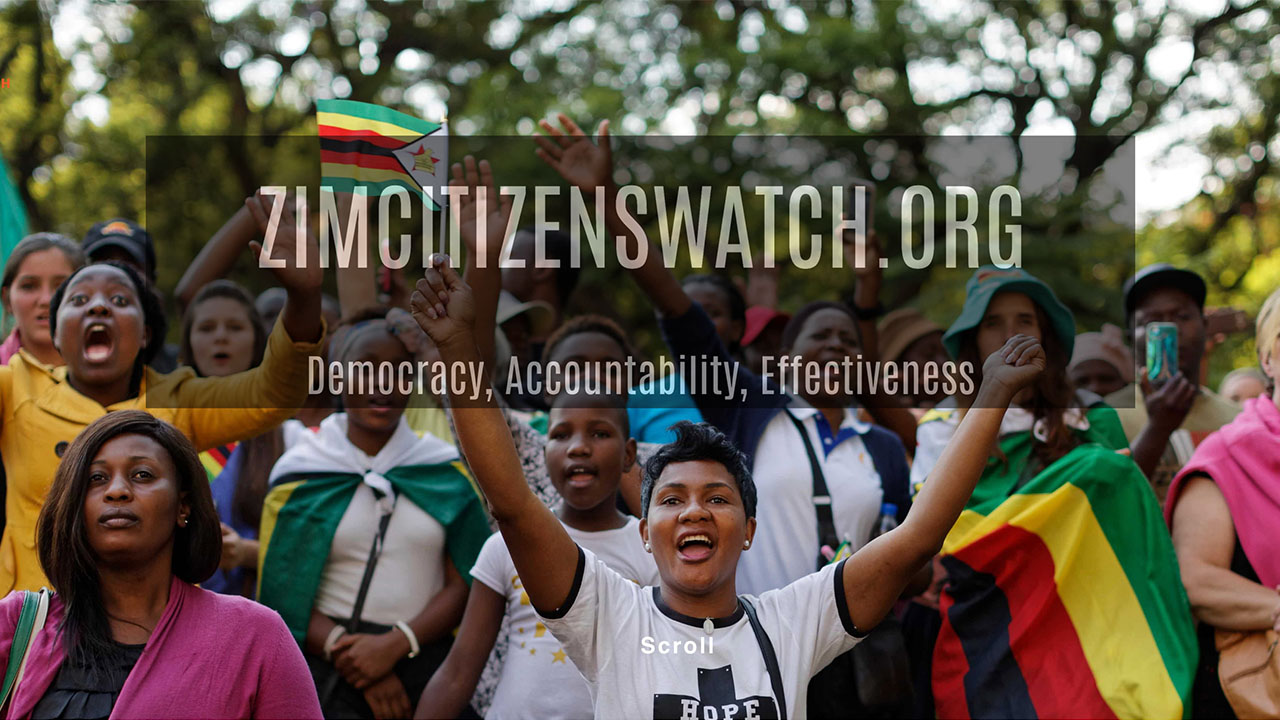
Are we there yet?
Dear Dali,
This was a constant question that you used to ask whenever we embarked on a road trip. I think as human beings we are at times more focused on getting there (destination) and little interest in the actual journey. I am the same. Impatient. The first three years of SIVIO Institute also coincided with the building of our family home as well. It wasn’t easy. It stretched my patience. But it taught me the importance of initially enduring the journey to eventually the enjoying the whole process.
Read more
schedule
September 18, 2023
Letter #10
Intolerance
Dear Dali,
I have heard it said that corruption is a cancer destroying our moral compass and creating decay in society. Agreed. Have we looked at intolerance? It is potentially a more debilitating threat to attempts of nation building and consolidating democracy.
Read more
schedule
September 14, 2023
Letter #9
Zimbabwe will Humble You
Dear Dali,
I believe it was Prince Metternich of Austria who said ‘ I once ruled Europe but never Austria’ in reference to his regional influence and overseeing what is usually referred to as the ‘ Age of Metternich’.
From the time we started our work in Zimbabwe in 2018 me and my colleagues have been invited to maybe 5 events speaker, a couple as part of an audience and very few radios appearance thanks to Tafara of Classic263 who developed a liking to me- probably because I was always eager to participate. Our work has not been widely cited. I still have to introduce SIVIO Institute. We are not a known brand. However, I have been all over the world during the same period.
Read more
schedule
September 12, 2023
Letter #8
What keeps you going?
Dear Dali,
It takes a burning desire combined with faith to keep going. Ever since I co-founded SIVIO there has not been a day that I have not thought about the organisation. It’s my 3rd born but at times it behaves like it’s the only one. However, that level of focus can kill you. One has to find ways of taking a step backwards. Watch the baby from a distance. I generally don’t work from the office. I have created a distance between myself and the team responsible for the day-to-day management of the organization. At times it helps to watch from a distance.
Read more
schedule
September 7, 2023
Letter #7
At first you don’t succeed…
Dear Dali,
Failure is the flip side of success. In many instances it looks like there is 50 50 chances of success or failure. Yet we do not embrace failure. The organization that I am running is a result of failure. If I had not left my previous employer or rather had my previous employer not suggested termination of my contract SIVIO Institute wouldn’t exist. So, I am grateful that I had to leave the old to experience the new.
Read more
schedule
September 7, 2023
Letter #6
Dealing with pressure
Dear Dali,
I am pressure. I exert pressure on the team at times in a positive, but I suspect in a negative way as well. Pressure is necessary- it helps us to discover ourselves. The end product is usually good. But at times pressure can destroy us. Pressure tends to come from either of two places- a very dark place of fear and insecurity. You feel the need to perform and to fit in. That is negative pressure. However pressure can also come from a place of healthy competition- where one wants to better themselves. The quest for self-improvement based on what you have seen elsewhere. I have mostly used this pressure in building skills within the team
Read more
schedule
September 7, 2023
Letter #5
A Quest for an Inclusive Society
Dear Dali,
It sounded big from day one. Many friends asked, ‘what do you mean by this quest for an inclusive society’? I offered different explanations because maybe at that point I was not as sure as I am today about this quest. We have a very difficult past as humanity. We have fought and killed each other, sold each other to others, compelled others to work for us with no reward.
Read more
schedule
September 7, 2023
Letter #3
Questions that matter
Dear Dali,
From the beginning we were keen to contribute towards a new utopia- and we framed ours as a quest for an inclusive society. There was need for elaboration on what this inclusive society would look like, a theory of change and conceptual framework. How else do you set up an institute without a theory of change and conceptual framework?
Read more
schedule
September 7, 2023
Letter #2

Building from Scratch… The SIVIO Institute Story
Dear Dali,
My interest on the Zimbabwe crisis was not lost to many.
In 2015 we (myself and Tendai Chikweche) had coedited ‘Beyond the Crises: Prospects for Zimbabwe’s Transformation’. It seemed like a good moment to consider what could be done to achieve the ideas of transformation that we had introduced in the book.
Read more
schedule
September 7, 2023
Letter #1